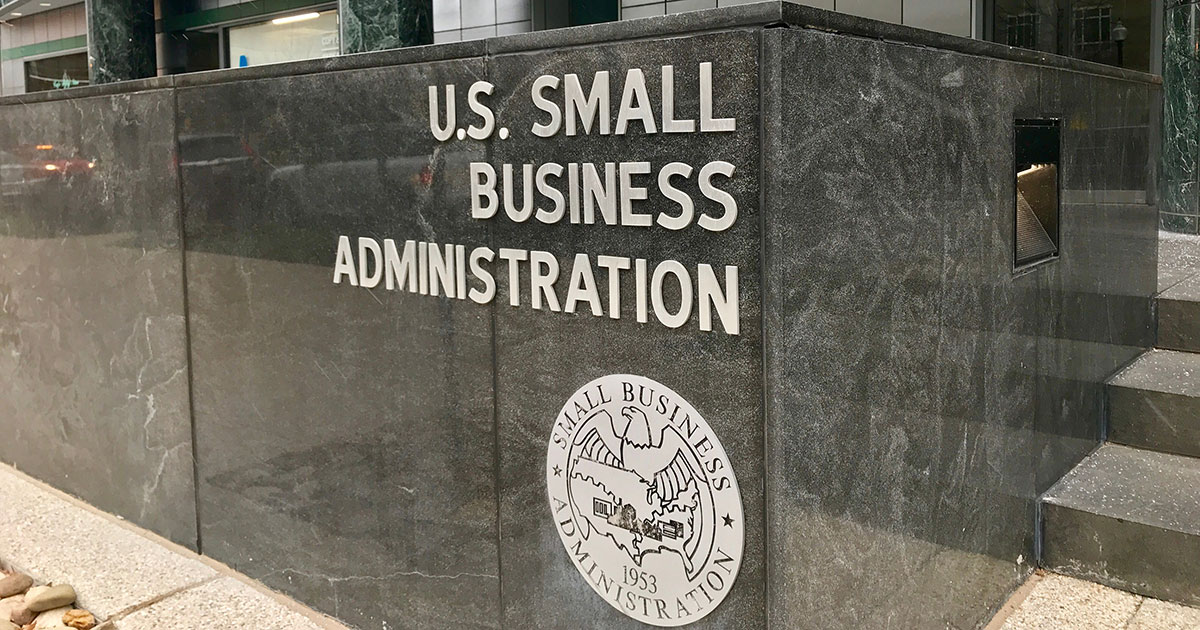New Research: The Real Impacts of COVID-19 on Small Business

Eighty-eight percent of U.S. small business owners have exhausted their Paycheck Protection Program (PPP) loan, says a new report from Babson’s Goldman Sachs 10,000 Small Businesses program.
This Small Business Association (SBA) loan was designed specifically to help businesses keep their workforce employed during the pandemic. With no end to the spread of COVID-19 in sight, a growing number of local employment providers are running out of funds.
The good news: “Approximately two-thirds of respondents have pivoted to new revenue sources or adapted their business model in response to the current crisis,” shared Babson Professor Richard Bliss, National Academic Director of Goldman Sachs 10,000 Small Businesses. “Many credit this to what they learned in the 10,000 Small Businesses curriculum, which is built on Babson College’s entrepreneurial mindset.”
Such entrepreneurial leadership has allowed businesses of all sizes to refocus efforts on current needs of their customers, most notably mass production of personal protective equipment, and an all-hands-on-deck approach to creating and distributing a COVID-19 vaccine.
But, these successes do not diminish the fact that more than 32% of PPP loan recipients already have laid off employees or cut wages. Another 36% say they will be forced to do the same if Congress does not act quickly, and 30% will exhaust their cash reserved by the end of 2020.
These figures are even worse when you narrow in on the effects of COVID-19 on Black-owned businesses. Forty-three percent of Black small business owners report that their businesses’ cash reserves will be depleted by year’s end, and nearly 40% who received PPP loans have had to lay off employees or cut wages.
“Small businesses provide half of all private sector jobs in the U.S. and an even larger percentage in many underserved communities,” said Bliss. “They also provide needed goods and services to communities not served by large companies.”
Two legislative proposals were submitted in August, but according to Bliss, “nothing has made it through Congress (and) there is little chance of a relief package passing before the November election.”
So, what can be done?
“Obviously, patronize and support local small businesses, (and) anyone can call their elected officials to advocate for their local small business community,” said Bliss.
These findings are the latest in a series of surveys of 9,000+ Goldman Sachs 10,000 Small Businesses alumni, conducted by Babson College, Goldman Sachs, and David Binder Associates. One of three national partners of the Goldman Sachs program, as the national academic partner, Babson College is responsible for the design of the curriculum and training site teams to deliver the program.
Posted in Insights



